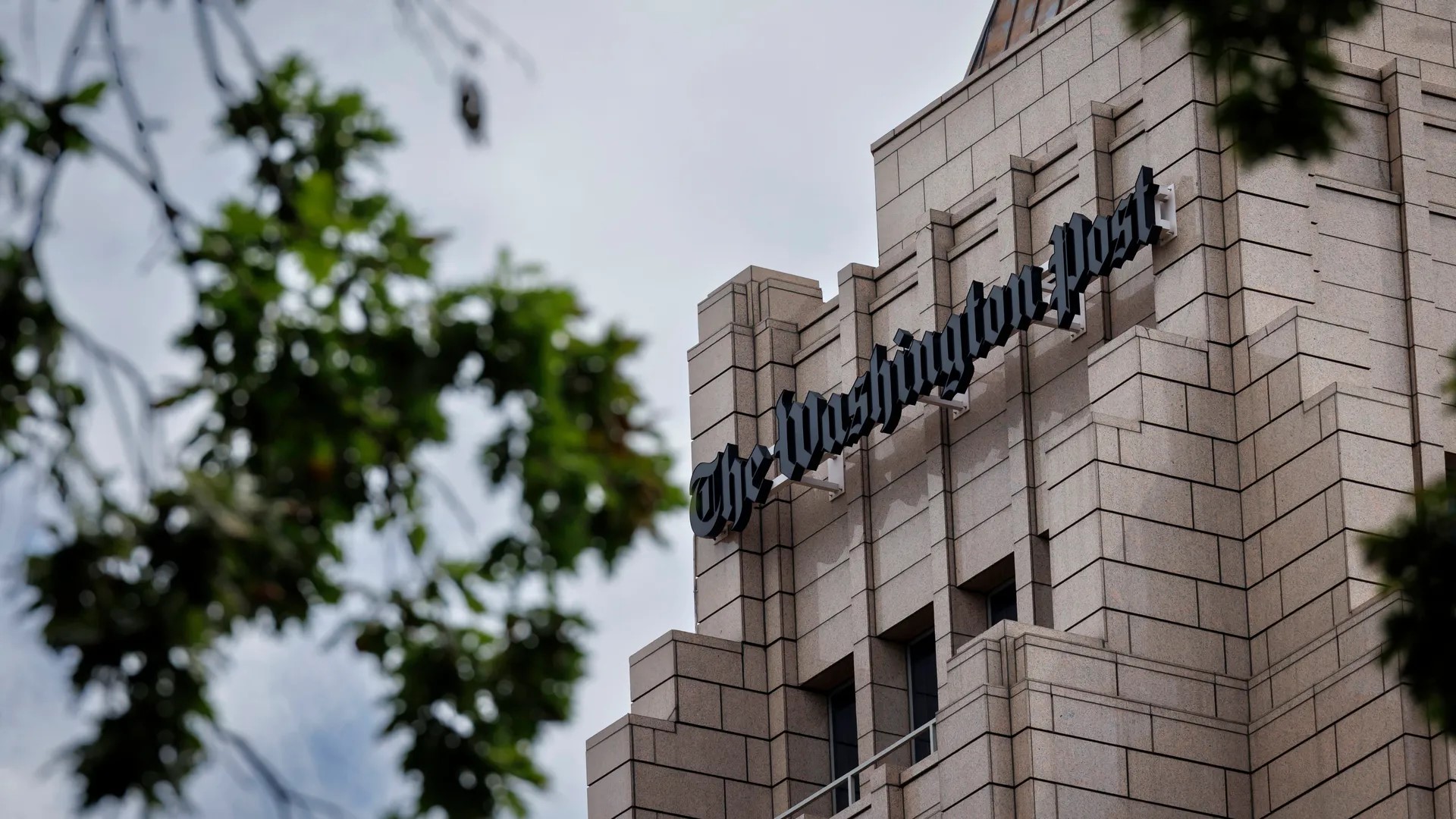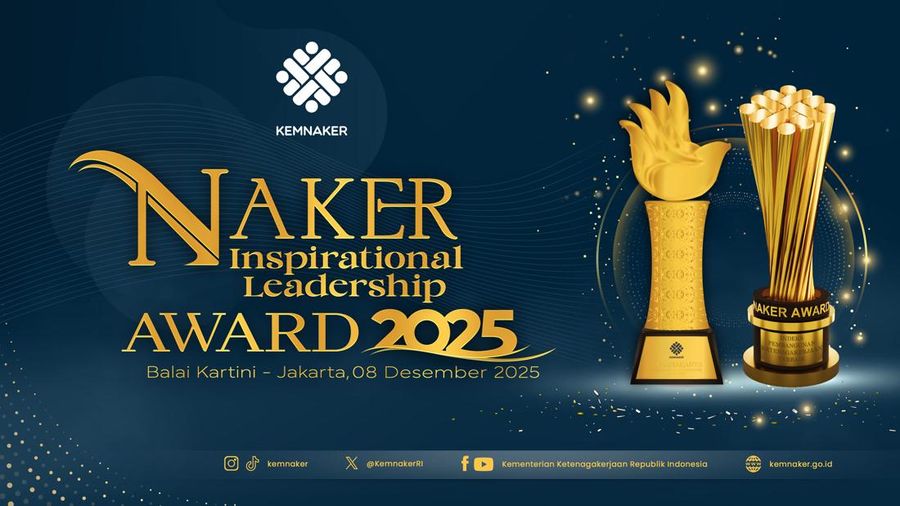New York, NY — The Washington Post, one of America’s leading news institutions, is now dealing with an unparalleled backlash after its recent decision to refrain from endorsing any candidate in the 2024 presidential election. Publisher Will Lewis’s announcement on Friday has led to an unexpected exodus of subscribers, with more than 250,000 readers canceling their subscriptions by Tuesday evening. This marks approximately 10% of the paper’s digital subscribers, according to reports reviewed by insiders, signaling an outcry over the shift in editorial policy just two weeks before Election Day.
The Washington Post has long been known for taking strong editorial stances during major election cycles. Traditionally, its endorsements serve as a moral compass for many readers navigating complex political landscapes. But this year’s decision to abstain from an endorsement has sparked accusations that the paper’s owner, billionaire Jeff Bezos, is seeking to avoid conflict with a potential second Trump administration. Former Post executive editor Marty Baron called the move “craven” and accused the paper of abandoning its editorial principles, suggesting that the Washington Post’s once steadfast commitment to transparency and independence may be eroding under the influence of its powerful ownership.
Public response was immediate and resounding. Across social media, former staff members and high-profile figures shared their frustration, many posting screenshots of their canceled subscriptions. The backlash didn’t only affect the Washington Post; the Los Angeles Times also withdrew its endorsement of Kamala Harris under similar circumstances, reportedly due to pressure from its own billionaire owner, adding fuel to concerns about the influence of powerful media owners over editorial decisions.
This upheaval prompted a rare public response from Bezos, who attempted to address the controversy in a published op-ed. In his statement, Bezos emphasized that the decision not to endorse a candidate was solely motivated by a desire to uphold non-partisanship. He conceded that the timing of the announcement was unfortunate, writing, “I wish we had made this decision earlier, away from the heat of the election.” Bezos’s statement aimed to dispel suspicions, acknowledging that his business ventures, including Amazon and Blue Origin — which rely on federal contracts — could have contributed to the appearance of a conflict of interest. But he insisted that no external influence, nor any discussion with Trump or his campaign, had played a role in the decision-making process.
Despite these explanations, media analysts remain skeptical. Bill Grueskin, a professor at Columbia University’s journalism school, remarked that the timing and nature of the editorial decision create an appearance of influence that the Post has yet to fully dispel. “We’re seeing major newspapers withdraw endorsements out of an apparent fear of repercussions from a Trump administration. Even if that wasn’t the intention, this move has reinforced a narrative of complicity,” Grueskin said. He added that the Washington Post’s decision could have long-term ramifications for its credibility, especially as readership continues to scrutinize the motivations of media conglomerates in politically charged times.
The fallout took an unexpected turn when former President Donald Trump referenced the endorsement decisions during a North Carolina rally on Wednesday, interpreting the silence from major media outlets as an implicit support for his candidacy. “They’re not endorsing anyone because they know the Democrats are in trouble,” Trump claimed. “The Washington Post, the LA Times — they’ve never stayed silent before. It’s proof they know I’m the best option.” His comments add another layer of complexity to a controversy that has already shaken the Washington Post’s reputation.
The cancellation surge has reportedly led three Washington Post editorial board members to resign in protest of the decision. Meanwhile, Bezos, addressing the broader crisis, reiterated his commitment to non-partisanship as a means of safeguarding the paper’s independence. He argued that “presidential endorsements are often perceived as a show of bias,” underscoring the importance of maintaining neutrality. However, critics argue that Bezos’s remarks may have come too late, and the decision’s timing has irrevocably impacted readers’ trust.
As the Washington Post attempts to manage this crisis, it faces mounting financial and reputational challenges. Grueskin noted that while the subscription loss may be manageable from a business perspective, the deeper impact lies in the fractured trust among its readership. “This is not just about numbers; it’s about the message the Washington Post sends to readers regarding its values and its willingness to stand independently in the face of power,” he said. The editorial board resignations, combined with Bezos’s explanation, underscore an internal conflict within the publication as it struggles to balance impartiality with reader expectations for transparency and accountability.
In the coming months, the Washington Post’s future will likely depend on its ability to rebuild its relationship with its readership. The decision to withdraw from endorsing a presidential candidate — one of the publication’s most recognizable traditions — has underscored the challenges facing modern journalism as it navigates ownership interests, editorial independence, and reader expectations in an era of hyper-partisanship.






